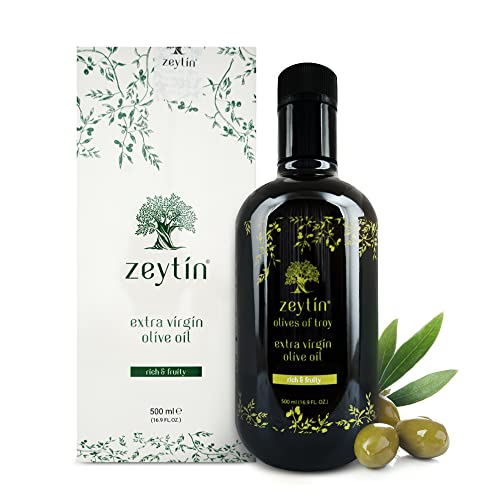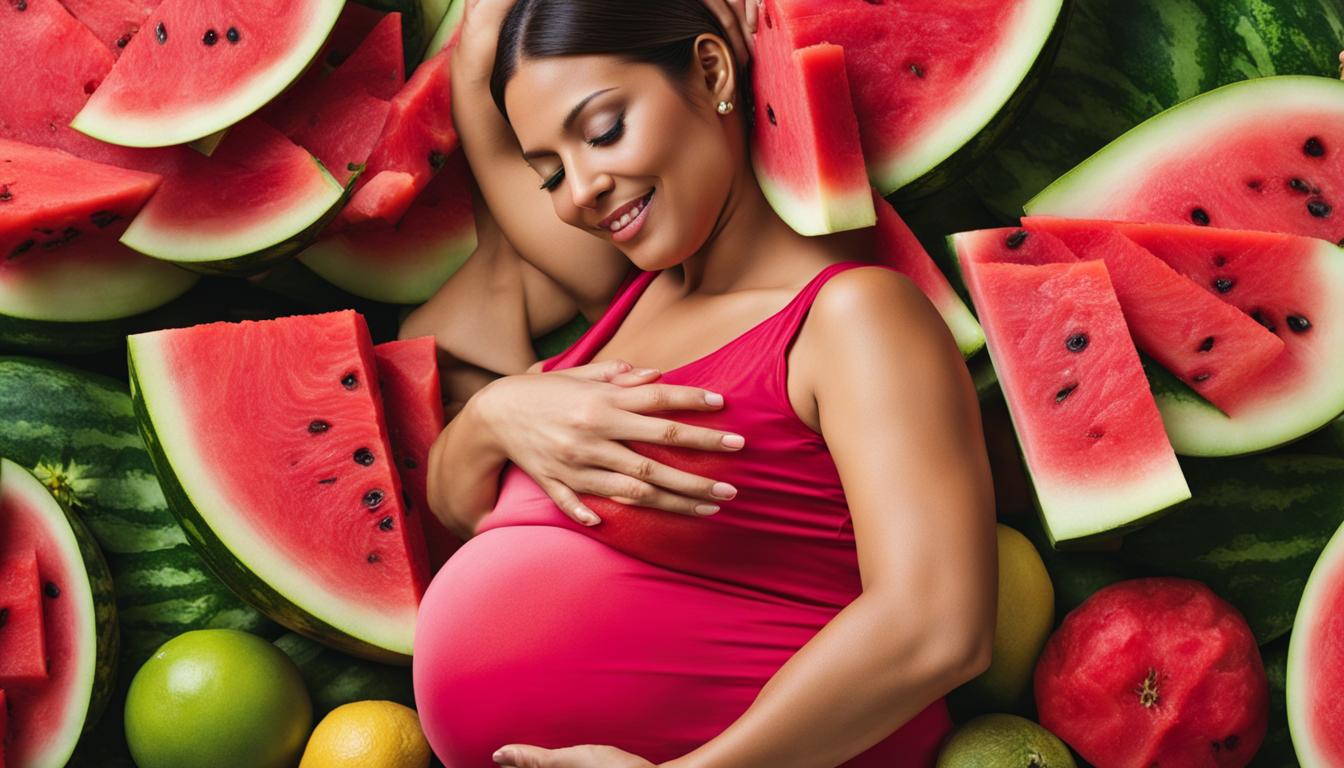Can Pregnant Women Eat Olives? Healthy Benefits
Yes, pregnant women can eat olives! As an expecting mother, I too found solace in the delightful tang of olives during my cravings. But beyond their irresistible taste, olives come packed with a treasure trove of nutrients beneficial for both mom and baby. From heart-healthy fats to essential antioxidants, these tiny fruits are more than just a tasty treat. However, like all things during pregnancy, moderation and safety are key. Curious about how olives played a role in my pregnancy journey and the myriad of benefits they offer? Let’s dive in and explore together!
What Are the Various Types of Olives?
There is a wide variety of olives available, each with its own unique characteristics and flavors. One popular type is black olives, which are fully ripened and have a rich, distinct taste. These olives contain oleic acid, a monounsaturated fat that is known for its health benefits. Consuming black olives can contribute to a healthy heart as they are a good source of beneficial fatty acids.
Another type of olives that are highly regarded for their health benefits is green olives. These olives are harvested before they fully ripen, giving them a slightly more tart and crisp flavor compared to black olives. Green olives are packed with essential nutrients and antioxidants, making them a nutritious addition to your diet. The good news is that you can enjoy both black and green olives during pregnancy, as they offer numerous health benefits for both you and your growing baby.
Nutritional Value of Olives
Olives are packed with numerous essential nutrients, making them a valuable addition to a healthy diet. These tiny fruits are particularly rich in antioxidants, which play a crucial role in supporting the immune system and defending the body against harmful free radicals. For pregnant women, olives can be a nutritious choice, as they provide a range of important vitamins and minerals that are essential for the development of the fetus. Additionally, the consumption of olives has been associated with potential benefits such as reducing the risk of high blood pressure, a common concern during pregnancy.
One type of olive that stands out for its nutritional value is the Kalamata olive. These dark purple olives are renowned for their distinct flavor and can be a flavorful addition to salads, soups, or dishes. Kalamata olives are a great source of heart-healthy monounsaturated fats, which have been linked to reducing the risk of heart disease. They are also an excellent source of vitamin E, a powerful antioxidant that supports overall health. Incorporating Kalamata olives into the diet can provide both taste and nutritional benefits, making them a smart choice for those looking to boost their nutrient intake.
Health Benefits of Olives During Pregnancy
Olives, as a part of a healthy pregnancy diet, offer a range of health benefits for expecting mothers. Fresh olives, specifically those that have undergone heat treatment to ensure safety, can provide essential nutrients and contribute to a well-rounded pregnancy diet. These little fruits are packed with monounsaturated fats, which are known to support heart health and provide energy during pregnancy.
Incorporating olives into a pregnancy diet can help promote a healthy pregnancy by providing key nutrients and supporting overall well-being. However, it is crucial to ensure that the olives consumed during pregnancy are sourced from reputable suppliers and have undergone proper treatment to prevent any potential foodborne illnesses. With their beneficial content, olives can serve as a tasty and nutritious addition to a balanced pregnancy diet.
What Are The Benefits of Eating Olives When Pregnant?
Eating olives during pregnancy can provide several benefits for expectant mothers and their unborn babies. One significant advantage is the reduced risk of heart disease. Olives, especially when consumed in the form of extra virgin olive oil, contain healthy monounsaturated fats that can help maintain a healthy cardiovascular system. These fats help lower bad cholesterol levels, thus minimizing the chances of heart-related complications during pregnancy.
Another potential benefit of consuming olives during pregnancy is the presence of olive leaf extract. This extract is known to have antimicrobial properties that can protect against certain infections. By including olives in their diet, pregnant women may enhance their immune system and reduce the risk of infections that can affect both their health and that of their unborn baby.
Benefits of Olive Oil During Pregnancy
Olive oil is a great way to enhance your diet during pregnancy. Not only does it provide essential nutrients, but it also offers numerous health benefits. One such benefit is its ability to fight harmful bacteria like e. coli, making it a valuable addition to your meals. However, it is important to consult with your healthcare provider before incorporating olive oil into your pregnancy diet.
Another advantage of olive oil during pregnancy is its role as a powerful antioxidant. Antioxidants help protect your body’s cells from damage caused by free radicals, which are harmful molecules that can increase the risk of diseases. By including olive oil in your meals, you can boost your intake of these beneficial antioxidants, supporting your overall health throughout this crucial time. Remember to talk to your healthcare provider about the quantity and frequency of olive oil consumption to ensure it aligns with your unique pregnancy needs.
Is Olive Oil Good in Pregnancy?
Olive oil is considered a beneficial addition to the diet during pregnancy. It contains essential nutrients that contribute to proper fetal development, such as vitamins E and K, as well as healthy monounsaturated fats. However, it is important to choose high-quality olive oil, like extra-virgin or cold-pressed varieties, to ensure you are getting the maximum benefits. Nyon olives, which are commonly used for making olive oil, are rich in antioxidants that can support a healthy pregnancy. In the first trimester, when the baby’s organs and systems are rapidly developing, incorporating olive oil into your meals can be a great way to derive the benefits of olives and promote overall well-being.
Is Extra Virgin Olive Oil Good for Pregnancy
Extra virgin olive oil is widely considered to be a healthy choice for pregnant women due to its numerous benefits. Unlike soft cheeses and raw meat, which are often discouraged during pregnancy due to the risk of bacterial contamination, extra virgin olive oil poses no such threat. It is rich in important nutrients and essential vitamins, making it a valuable addition to a pregnant woman’s diet.
Furthermore, extra virgin olive oil is a good source of iron, which is essential for the production of red blood cells and the prevention of anemia during pregnancy. Iron plays a crucial role in the development of the baby and the overall health of the mother. Incorporating extra virgin olive oil into meals can be an easy and flavorful way to increase iron intake, ensuring that both the mother and baby receive the necessary nutrients for a healthy pregnancy.
Are Olives During Pregnancy Safe?
Olives are generally considered safe to consume during pregnancy. In fact, they can provide numerous health benefits for expectant mothers. Rich in essential nutrients, olives can help prevent and reduce the appearance of stretch marks, thanks to their high vitamin E content. Additionally, they are low in carbohydrates and can be a suitable snack for women with gestational diabetes. Olives also have the potential to improve blood cholesterol levels, making them a heart-healthy choice for pregnant individuals. Overall, incorporating olives into a balanced diet during pregnancy can be a beneficial and delicious way to support both maternal and fetal health.
• Olives are generally considered safe to consume during pregnancy.
• They can provide numerous health benefits for expectant mothers.
• Rich in essential nutrients, olives can help prevent and reduce the appearance of stretch marks due to their high vitamin E content.
• They are low in carbohydrates and can be a suitable snack for women with gestational diabetes.
• Olives have the potential to improve blood cholesterol levels, making them a heart-healthy choice for pregnant individuals.
• Incorporating olives into a balanced diet during pregnancy can be a beneficial and delicious way to support both maternal and fetal health.
Olives and Listeria – What You Need to Know
Recent studies have highlighted the potential risks associated with consuming olives during pregnancy. One such concern revolves around the presence of Listeria, a bacteria that can contaminate food and pose a threat to the health of both the mother and the unborn child. Listeria infection during pregnancy can lead to serious complications, including miscarriage, stillbirth, premature labor, and a higher risk of neonatal infection. Therefore, it is crucial for expectant mothers to be aware of the potential dangers associated with consuming olives and to take necessary precautions to safeguard their health and that of their unborn child.
While Listeria contamination is not a common occurrence in olives, it is important to exercise caution when consuming them during pregnancy. Raw or unpasteurized olives, as well as olives that have been improperly stored or handled, may pose a higher risk of Listeria contamination. To reduce the chances of Listeria infection, it is advisable to opt for commercially processed and properly stored olives. Additionally, pregnant women should ensure proper hygiene and food safety practices when handling and preparing olives or dishes containing olives. By taking these precautions, expectant mothers can enjoy the many health benefits olives offer while minimizing the potential risks associated with Listeria.
FAQ’s
Can pregnant women safely consume both black and green olives?
Yes, both black and green olives are safe and offer numerous health benefits for pregnant women and their growing babies.
What are the health benefits of olive oil during pregnancy?
Olive oil, especially extra virgin olive oil, provides essential nutrients, fights harmful bacteria, acts as a powerful antioxidant, and supports overall health during pregnancy.
What precautions should pregnant women take regarding olives and Listeria?
Pregnant women should opt for commercially processed and properly stored olives, avoid raw or unpasteurized olives, and ensure proper hygiene and food safety practices when handling and preparing olives to minimize the risk of Listeria contamination.











